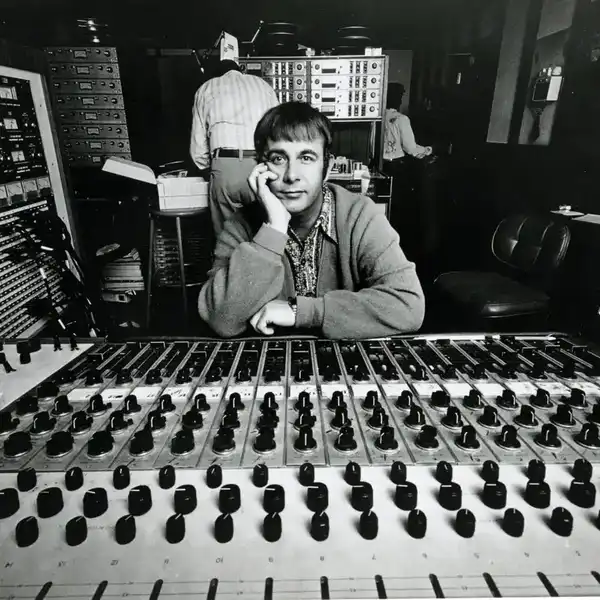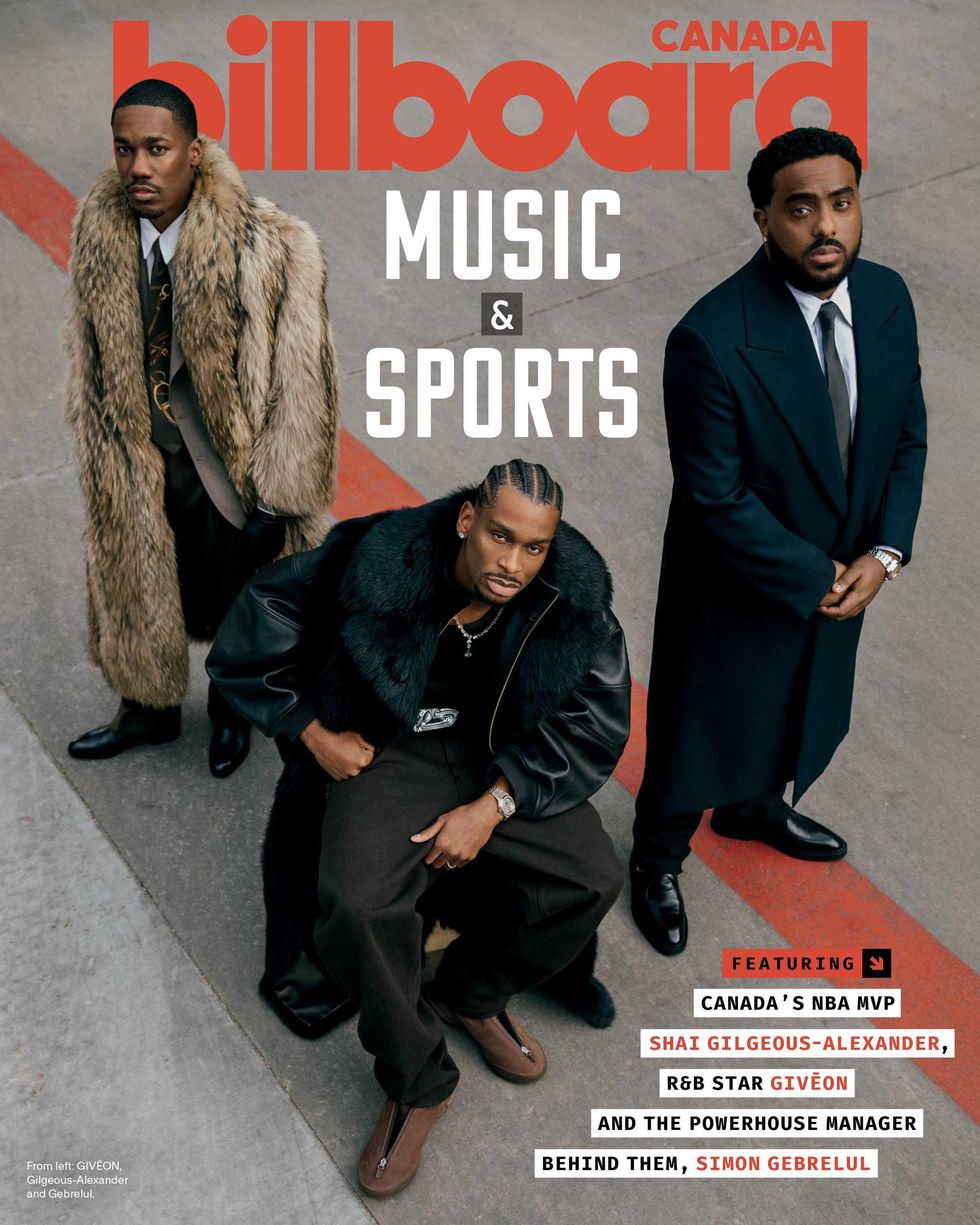In the past few days I’ve begun to think about the future, my work, touring, what it means, what I will lose, and what I will gain. Touring is a high-risk business for disease transmission. Airports, airplanes, hotels, restaurants, backstage catering, dressing rooms, stage crews, drivers, meet and greets, equipment—every single moment and surface is risky.
During this reset, along with hundreds of other musicians, I’ve been making music videos on my phone and giving them to various outlets who ask, mostly for charity. The lack of connection with what I assume is an audience on the other side of the screen is unsettling. It has started to gnaw at me. –– Rosanne Cash, The Atlantic (May 27)




















 Simon GebrelulDiwang Valdez
Simon GebrelulDiwang Valdez Shai Gilgeous-AlexanderDiwang Valdez
Shai Gilgeous-AlexanderDiwang Valdez GIVĒONDiwang Valdez
GIVĒONDiwang Valdez